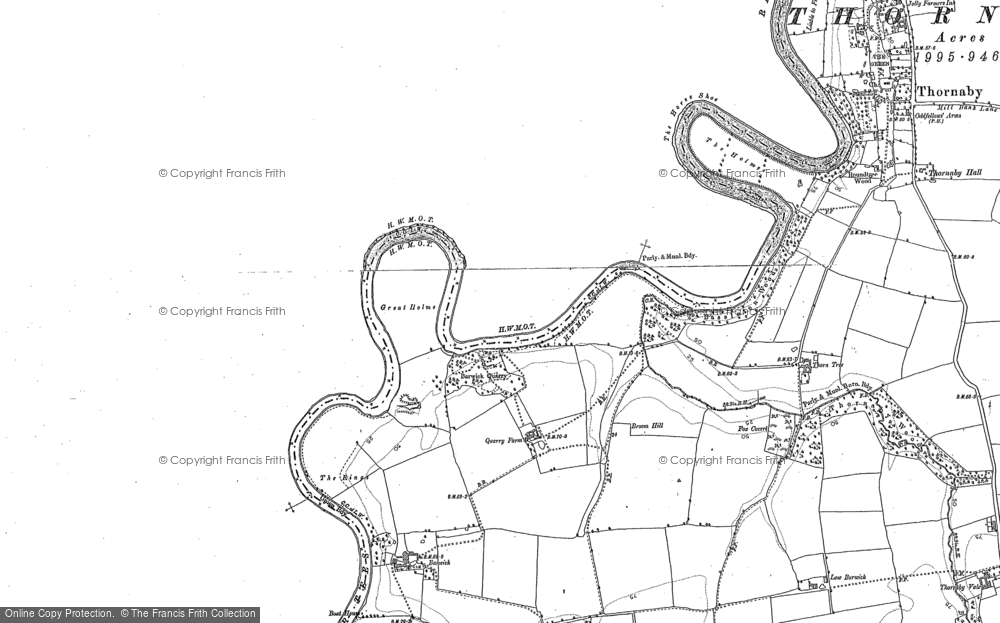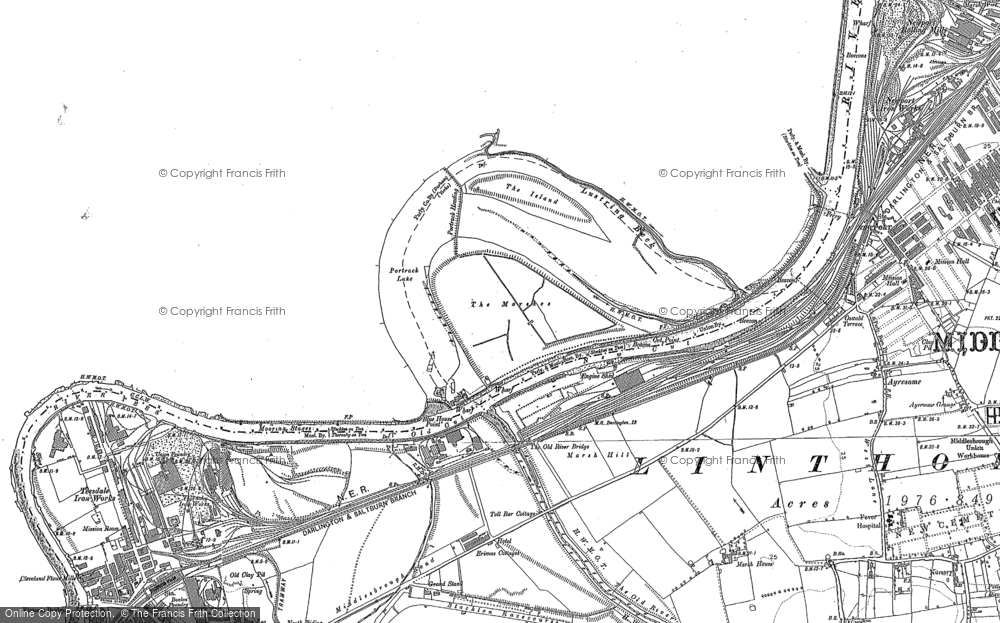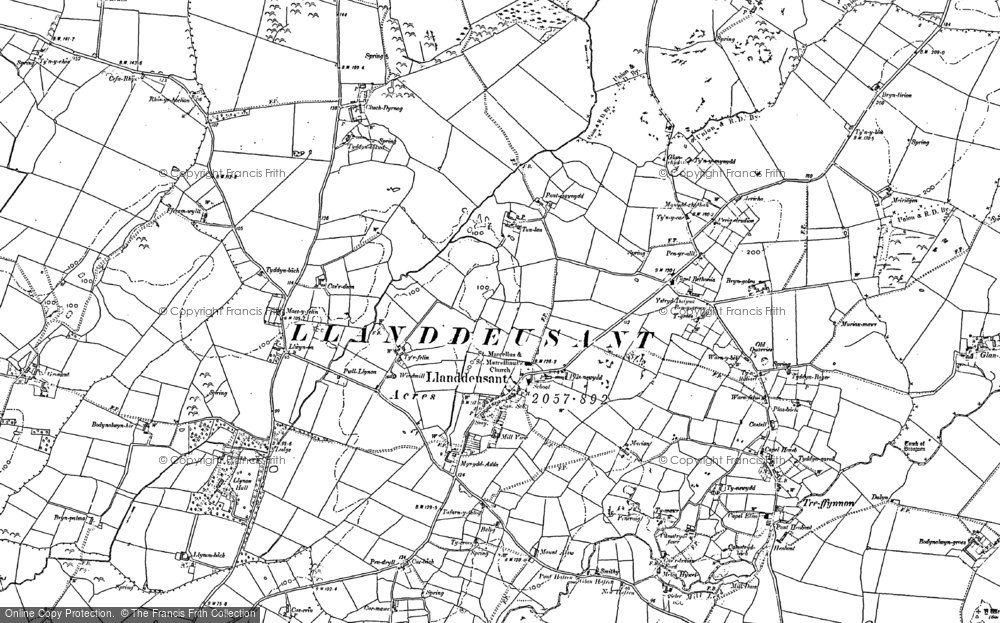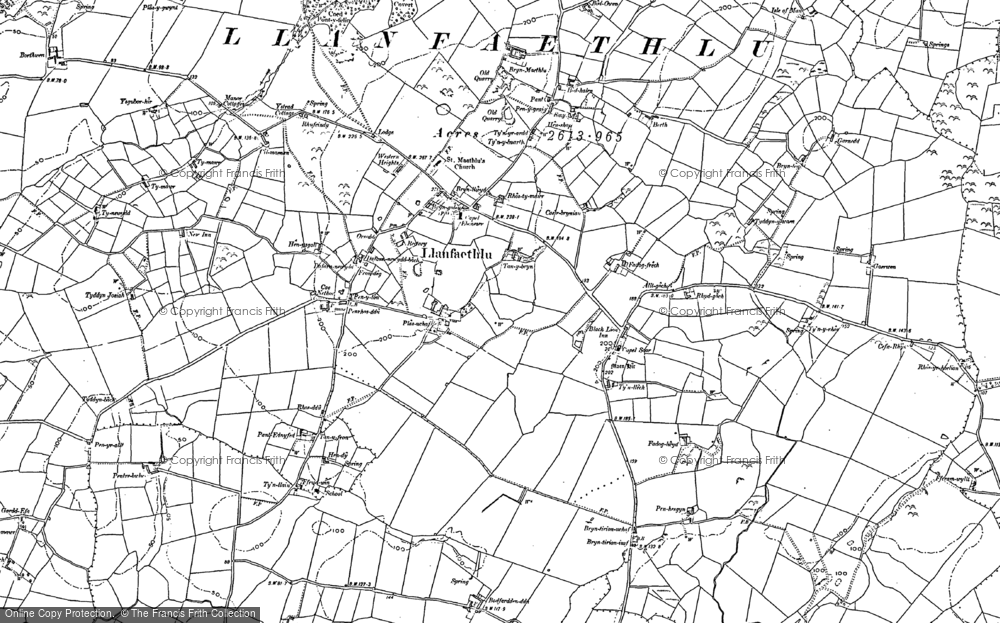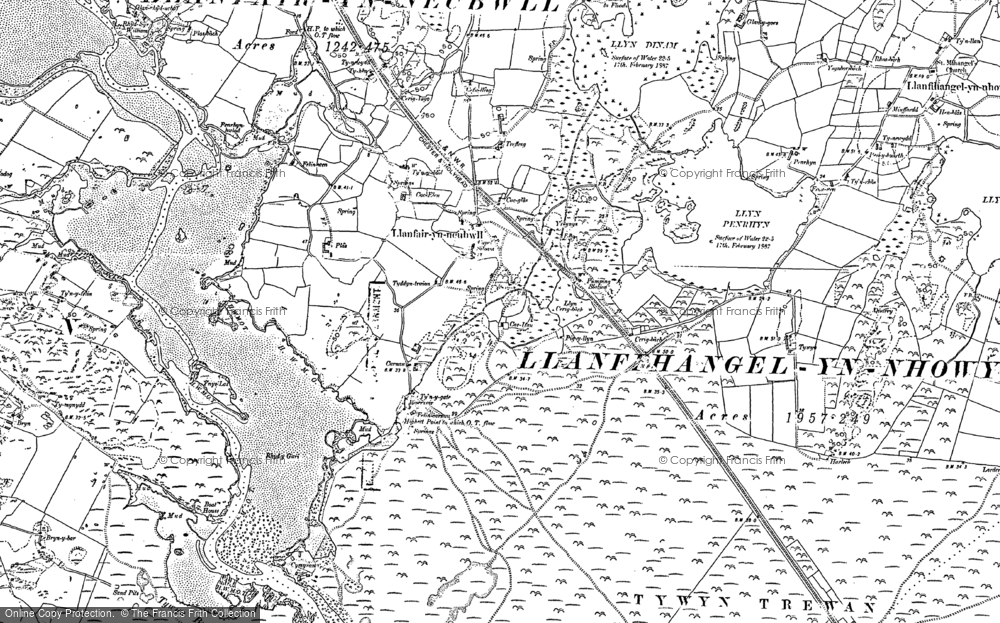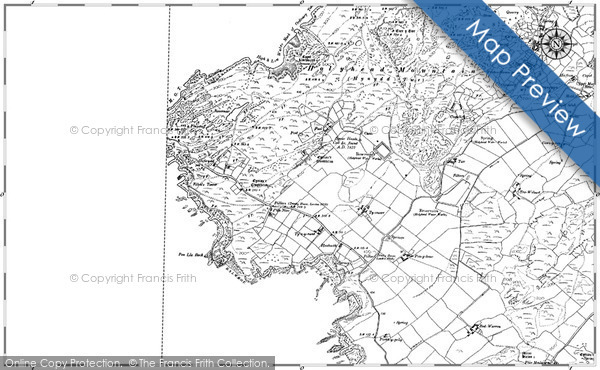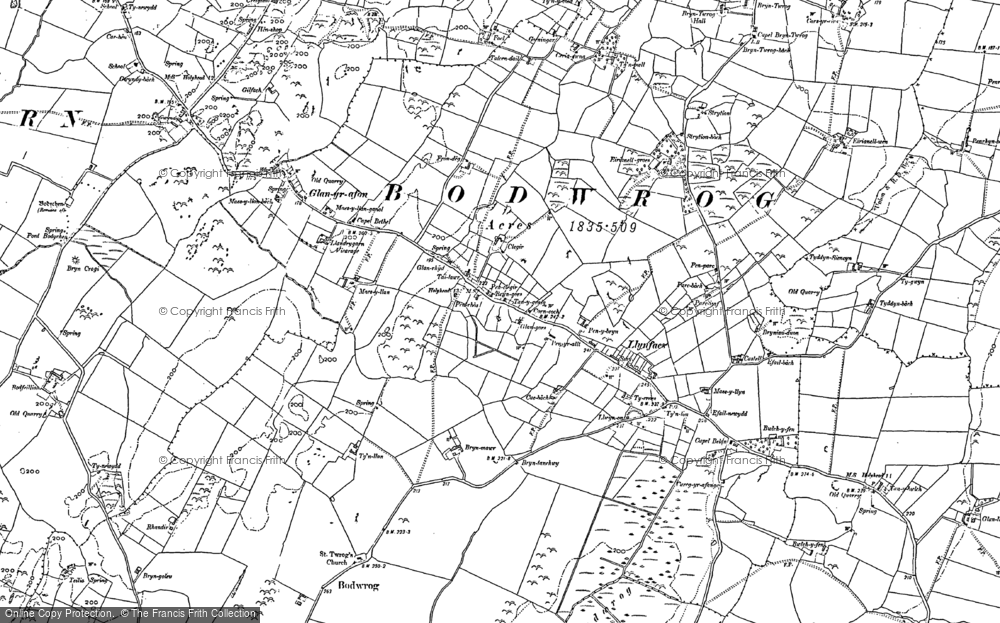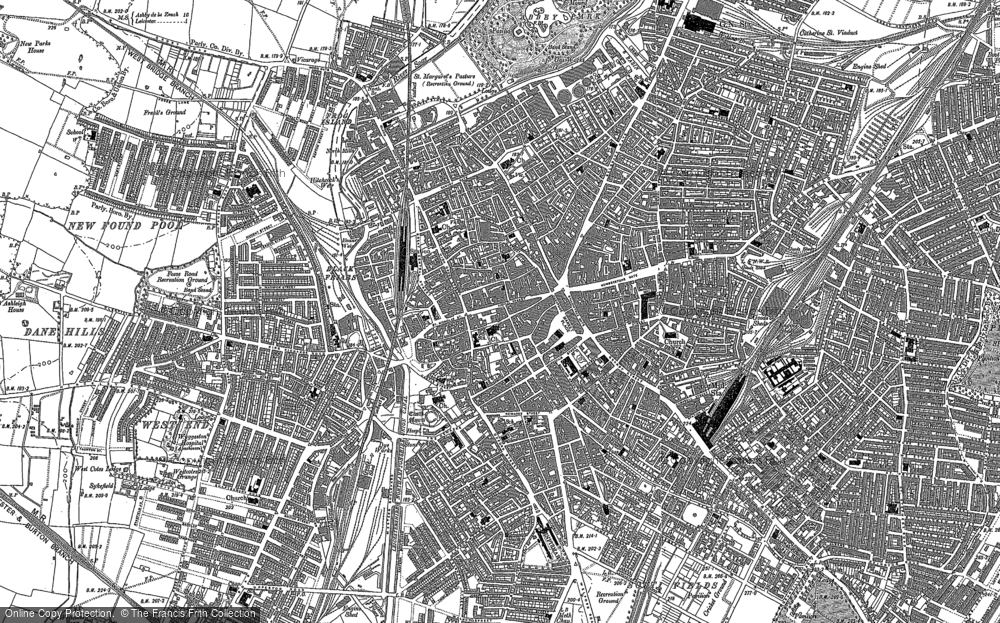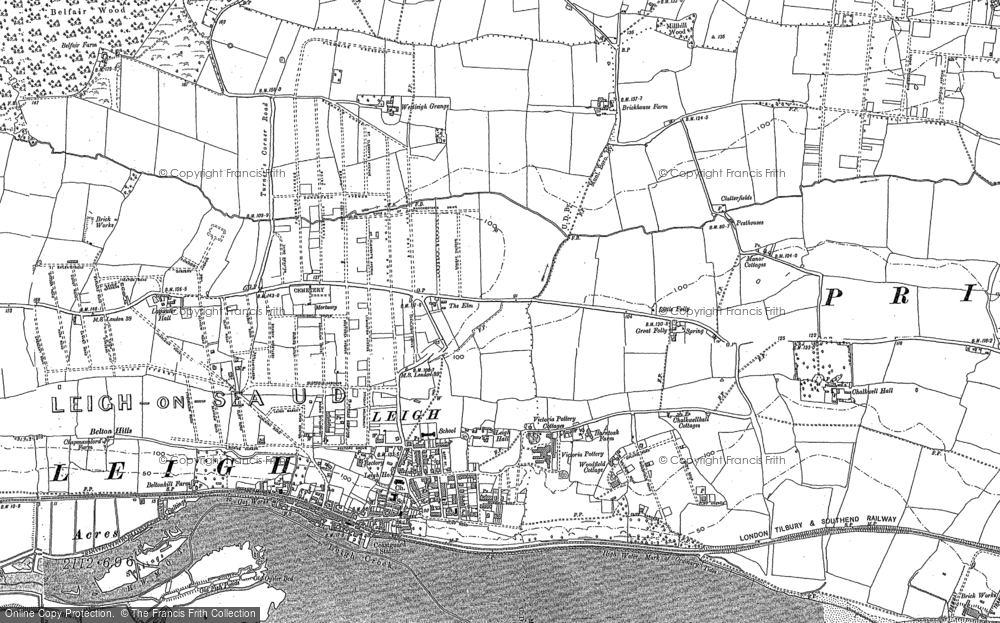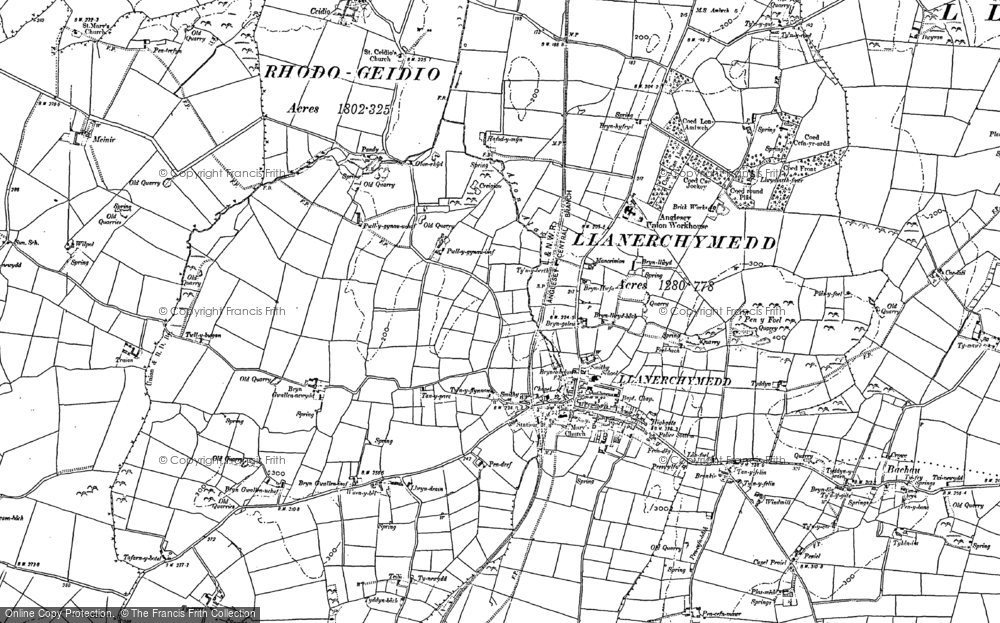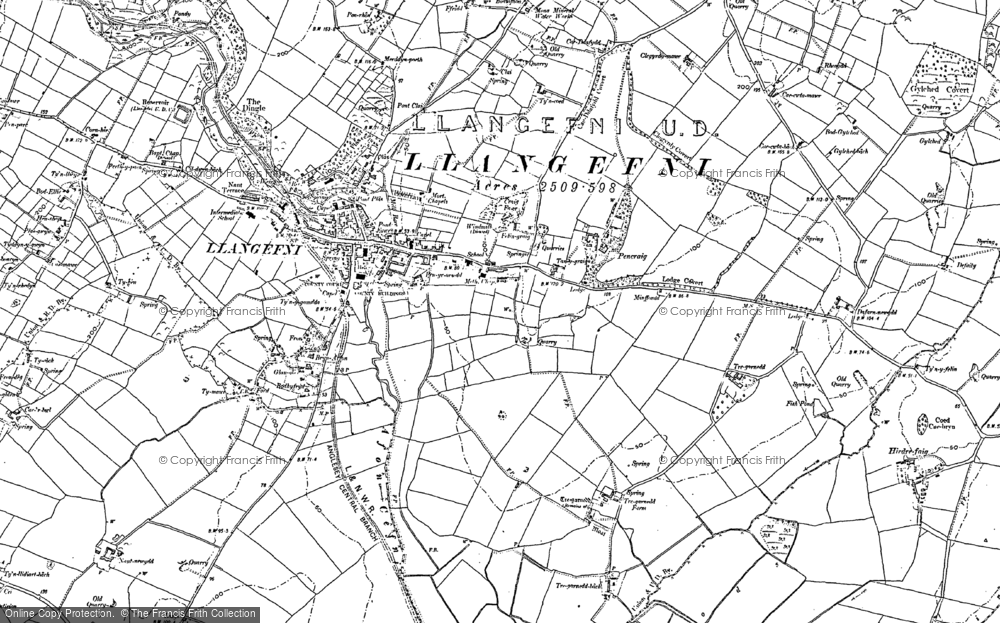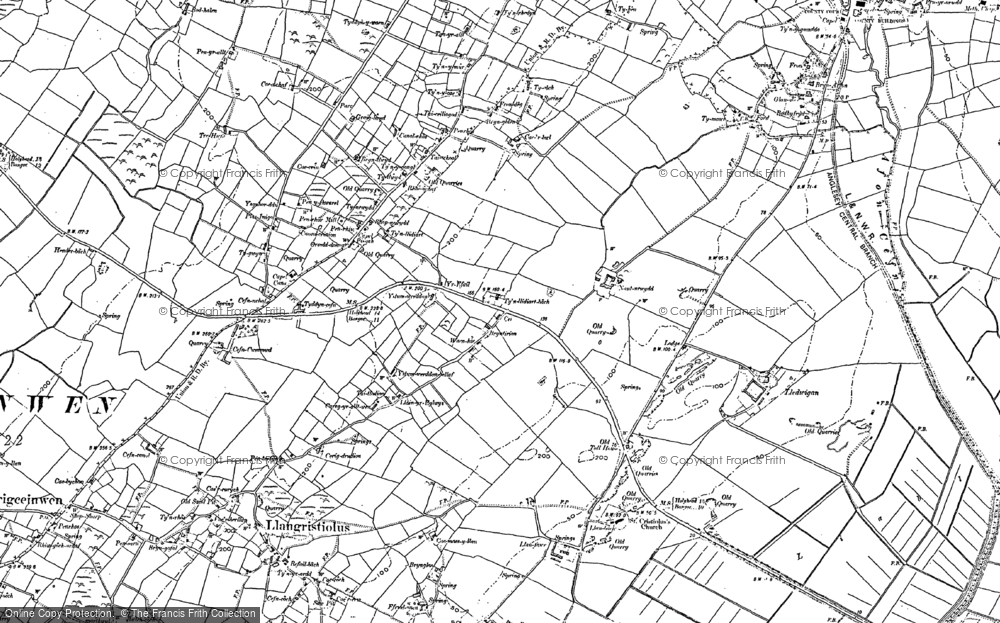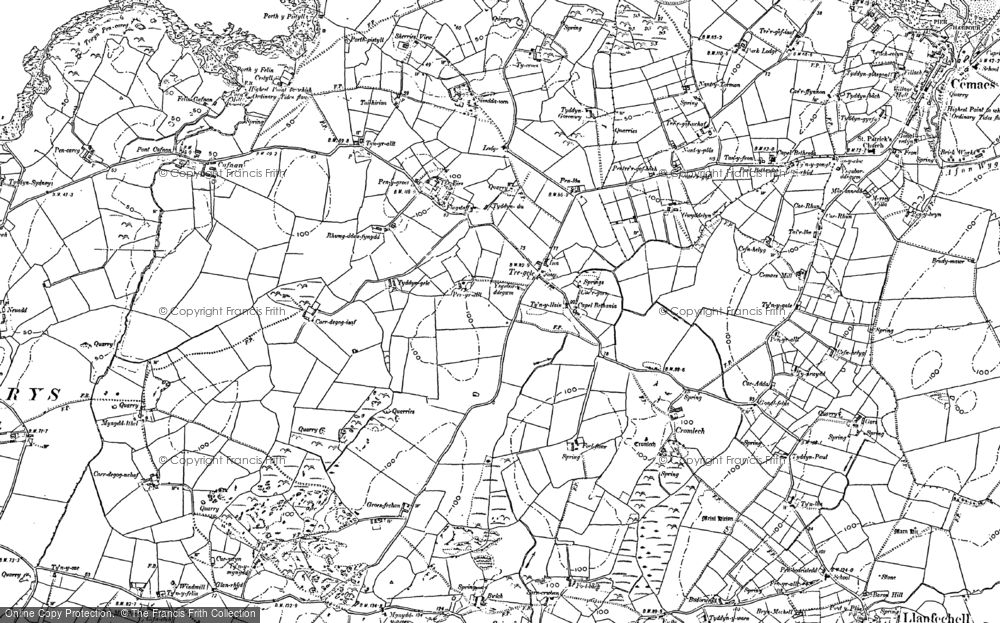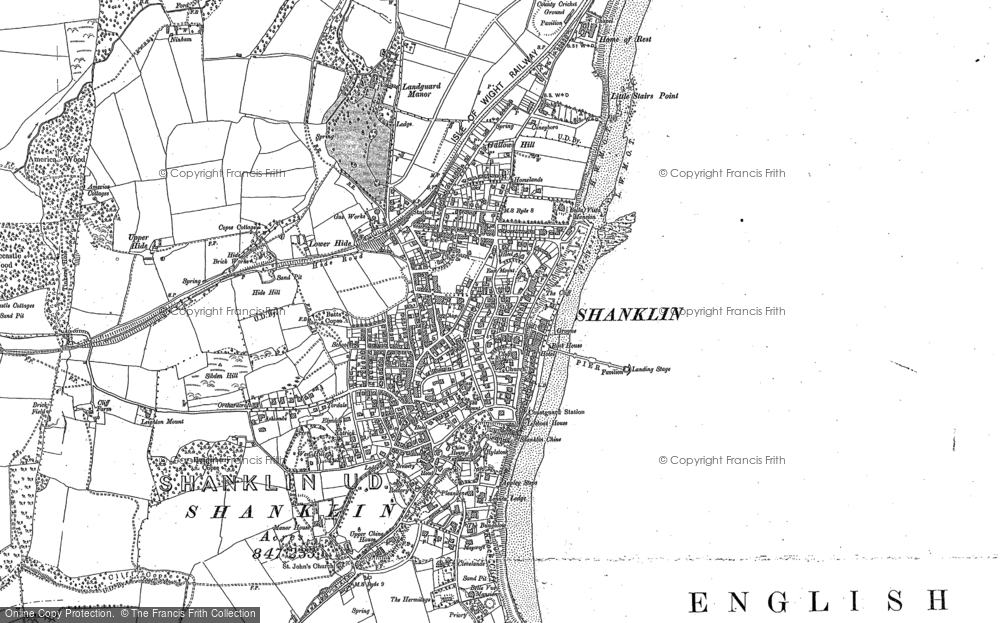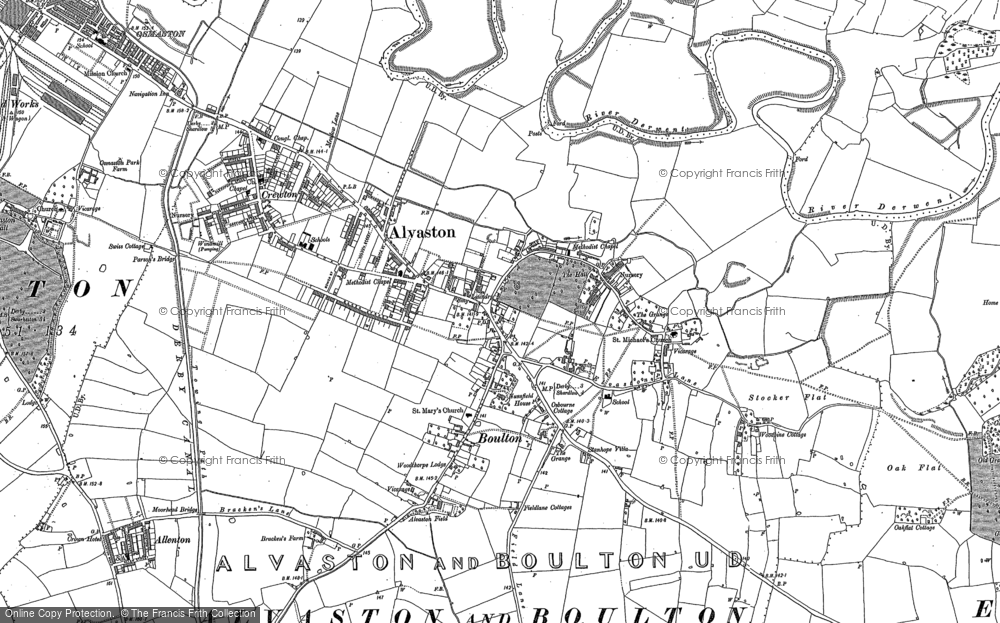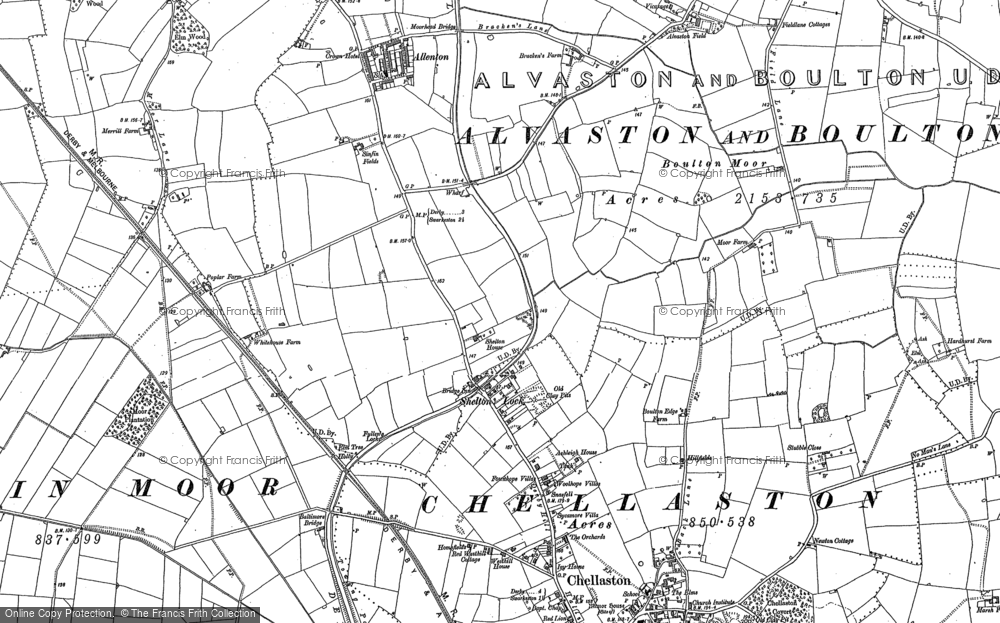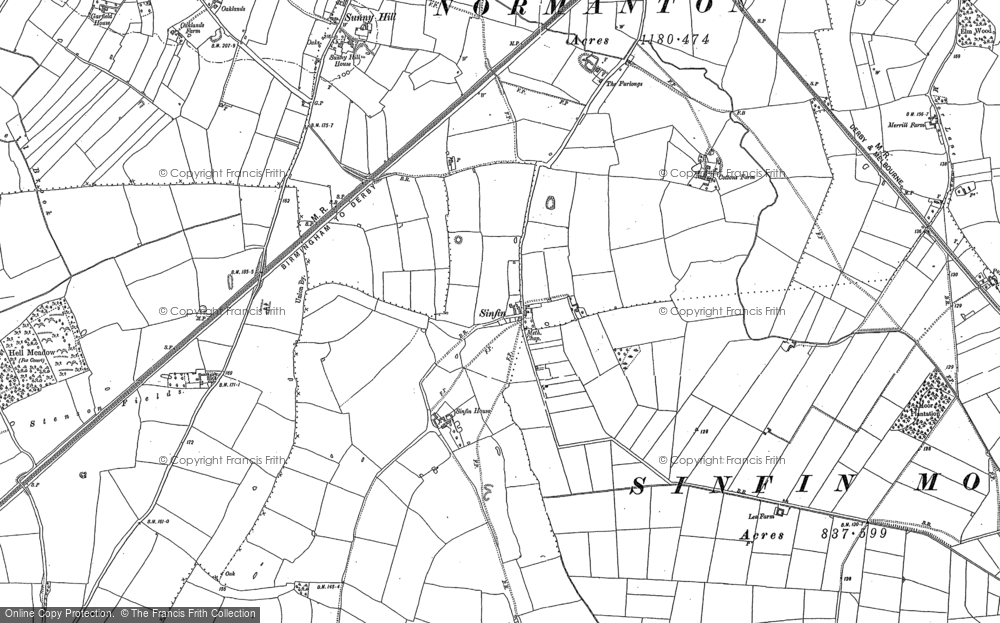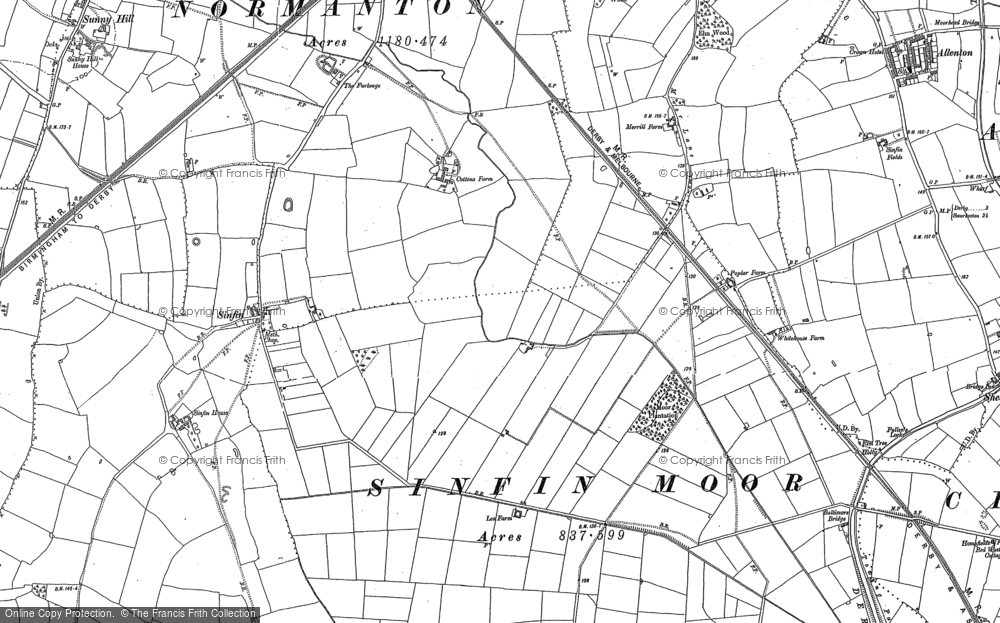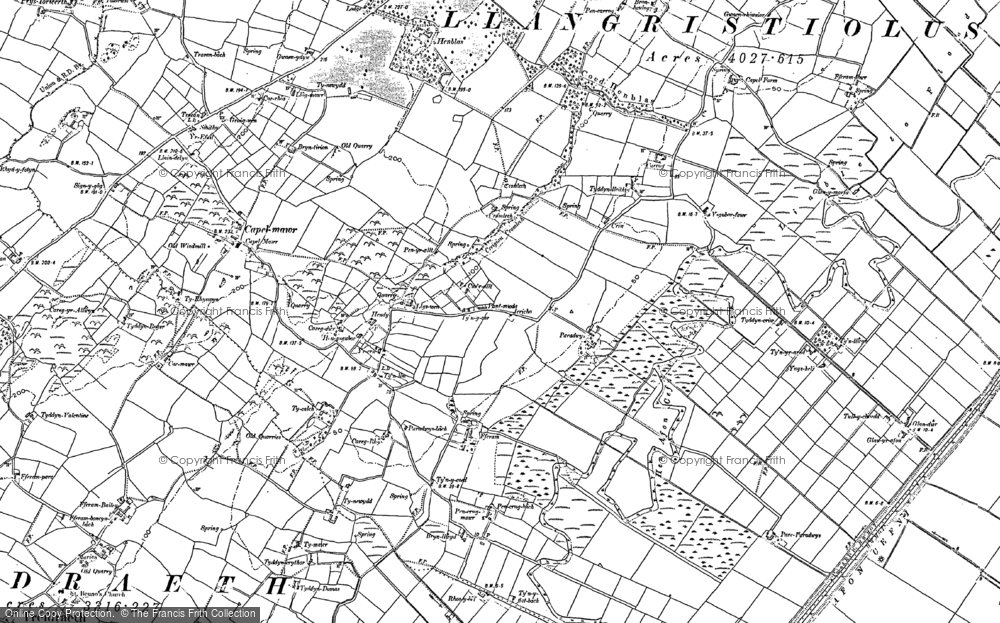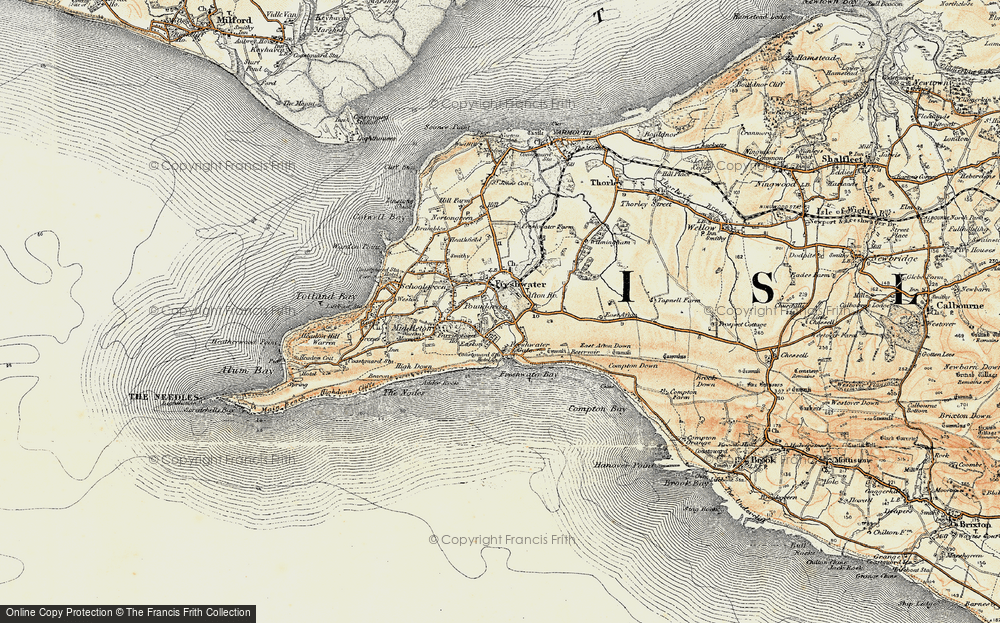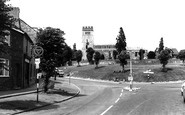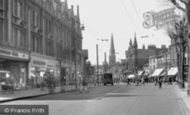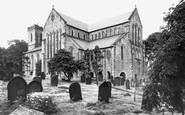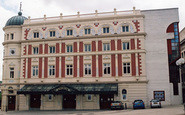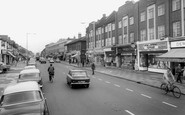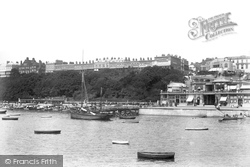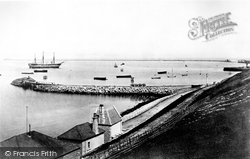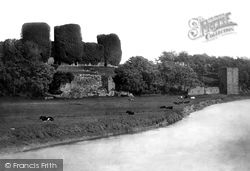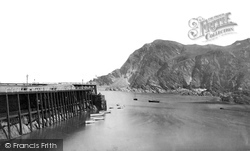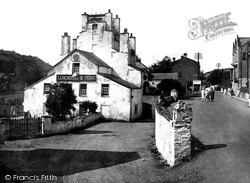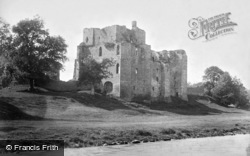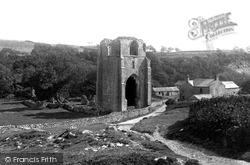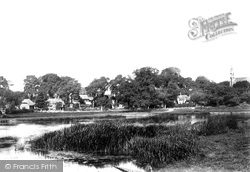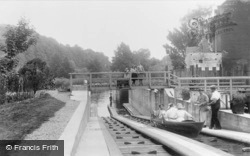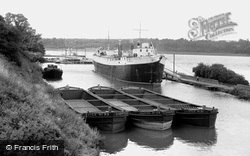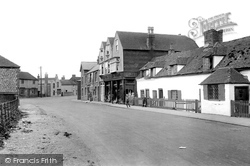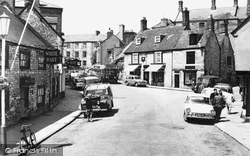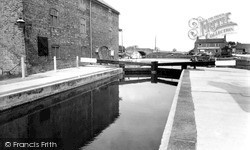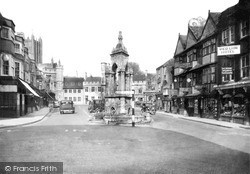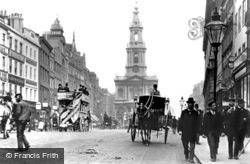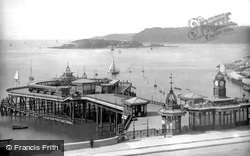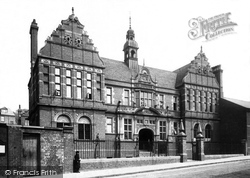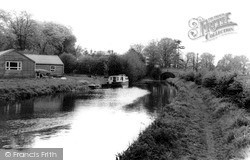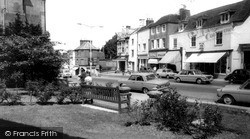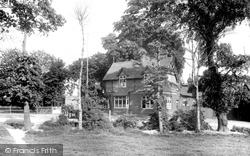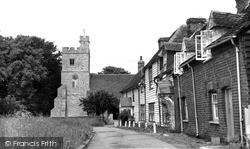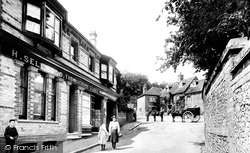Places
Sorry, no places were found that related to your search.
Photos
Sorry, no photos were found that related to your search.
Maps
7,034 maps found.
Books
163 books found. Showing results 4,009 to 4,032.
Memories
22,912 memories found. Showing results 1,671 to 1,680.
Miss Wills Teacher At Earls Barton Primary School Poss 1965
Attending Primary School in Earls Barton I remember a teacher called Miss Wills very well. She drew shy pupils out of their shells and plonked them on the stage. The performance she ...Read more
A memory of Earls Barton in 1965
Personal Memories Of A Child
I was born in 1942 and by the time I was five years old I has a brother and two sisters. My mum and dad used to send me up to Longriggend for weekends and holidays, probably because my mum was so busy with the other ...Read more
A memory of Longriggend in 1940 by
Growing Up In Greenford 1957 1970s
Wow! Thanks for those memories. A million miles away in rural East Anglia, remembering growing up in Greenford. Stanhope Infants and Juniors, Mr Bishop, Mrs Avery, anybody went there remember them? Sainsburys ...Read more
A memory of Greenford by
Les Wilde Dancing Lessons
Yes Yes Yes!!! I remember Les Wilde. My mum and dad used to go there every Wednesday evening. and my brother and I were sent along there for the childrens dance classes, I think on a Thursday evening. I remember the hall ...Read more
A memory of Ealing by
Circa 1950s
I was born in 1939 and remember the war years vividily. However, I was draughted into the army in 1948 and because of my knowledge and interest in explosives, became an Ammunition Examiner. During this period, I knew I liked music but ...Read more
A memory of Sheffield in 1948 by
Lyceum Theatre 1950's
I think my first memory of going to the Lyceum theatre was to see Harry Seacome in the Christmas Pantomime of around 1949, but the highlight for me when I was invited to be a cast member in "Song of Norway" put on by the ...Read more
A memory of Sheffield in 1954 by
Mossford Garage
I started work at the age of 15 years as 'the boy', apprentice mechanic at Mossford garage. I remember going down the High Street to Pither's bakeries to get ham and cheese rolls, as well as pies for the mechanic's tea breaks. The ...Read more
A memory of Barkingside in 1965 by
A Lost Childhood
My beloved late mum grew up and lived in the stunning village of Rode, way back in the late thirties I think. Sadly she's gone now, and I wish I had written down more of her memories of Rode. Her family name was Humphries, and she told ...Read more
A memory of Rode by
Born In Brushford
I was born in Brushford in 1950 I was Jane Sharp,I went to the two schools in Brushford,and Dulverton school till 1965. I worked at the Carnarvon Arms hotel for Mrs Howells,and later at the Dulverton Laundry for Mr ...Read more
A memory of Brushford in 1950 by
1956 To 1962
I used to go out with a girl called Ann Peat who had a sister called Ray. Their mother owned the Wifflet Garden Picture House. I used to work for McLeods, slater and plasters in Coatbridge. I will add more as I remember it. I remember ...Read more
A memory of Coatbridge in 1958 by
Your search returned a large number of results. Please try to refine your search further.
Captions
9,654 captions found. Showing results 4,009 to 4,032.
Here, those staying in Royal Terrace or at The Royal Hotel, could walk in peace, or linger for a while on one of the benches provided.
The great breakwaters around the eastern shores of Portland entirely enclose Portland harbour.
Like the bearskin helmets of guardsmen, these ivy- clad turrets still command respect over the surrounding countryside, much as they were intended to in 1277, when the castle was rebuilt
Standing guard over the entrance to the harbour is the 447ft eminence of Hillsborough, easily defended and probably the first settlement in the area.
Known until 1933 as the Kings Arms, the Pack of Cards was built in 1626 as a town house by George Ley to celebrate a win at cards.
The round promenade pier - the last of its type - was demolished, to howls of protest, in 2001.
The imposing red sandstone ruins of the keep of Brougham Castle watch over the River Eamont. Brougham Castle was originally built by the Normans, and was strengthened by Henry II in 1170.
Shap Abbey, near the banks of the River Lowther, was founded by the 'white canons' of the Premonstratensian order at the end of the 12th century, but it was dissolved, like so many others, in 1540.
This photograph, taken from the east bank of the river, south of the Barley Mow pub, manages to exclude George Gilbert Scott's rather fine 1864 seven-arched brick bridge over the river.
These elevators were installed at a number of busy locks to cope with the vast numbers of small leisure boats spawned by the boating craze these views capture.
This ship was berthed at Sharpness between 1939 and 1967. During that time more than 70,000 boys aged between 14 and 17 were trained on her prior to entering the Merchant Navy.
At this time, Dymchurch was a tranquil place; it attracted the author Edith Nesbit, who wrote 'The Railway Children'. She lived in one of the two-storey terraced cottages on the right of the picture.
In this 1960s view of the top of Cheap Street can be seen the White Hart public house; the area known today as Blackmore Vale was previously called the Vale of the White Hart.
This view of the basin from its entrance lock adjacent to the Trent, shows a nearby warehouse and the Crown Inn, now the Waterfront Inn, across the water.
The sign in the centre, pointing against the flow of traffic today, indicates the A369 to Bath and Bristol - the High Street used to have two-way traffic.
This eastern section of the Strand had two-way traffic, unlike today. In 1900 work began on clearing the slums behind the buildings on the left to create the Aldwych.
The poster at the entrance advertises a military band concert, for which the bandstand on the pier was popular.
Here Broadgate starts to climb out of the valley. Whites Mineral Waters was rebuilt in 1994 as a county library, but the battlemented and towered former Drill Hall of 1890 survives.
In the early 19th century, the colliery at Brereton nearby was connected by rail to a wharf, which enabled coal to be transported along the Trent and Mersey canal.
Warminster, on the A36 at the head of the Wylye valley, was an important market town and communication centre.
Where Heath Park Road (on the right) meets Brentwood Road and Slewins Lane (in the centre), meets Manor Avenue and Balgores Lane (on the left), is the Drill public house.
Tillingham has been owned by the Dean and Chapter of St Paul's since at least 604.
At its southern end sits the Manor House. There are two inscriptions on this building: one is just below the crest on the left gable, and the second is underneath the window just below it.
The only casualty since 1899 is the wall on the right, sacrificed for road widening at the junction with Hardwick Road. Sellwoods on the left had only just been built.
Places (0)
Photos (0)
Memories (22912)
Books (163)
Maps (7034)


